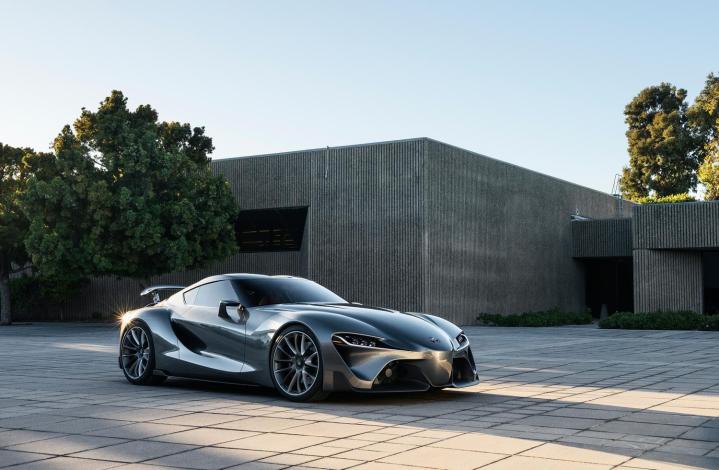
Toyota may be known for building less-than-exciting cars like the Camry and Prius, but it still believes real live people have a place behind the wheel.
“Toyota’s main objective is safety, so it will not be developing a driverless car,” Seigo Kuzumaki, the carmaker’s deputy chief safety technology officer, said at a conference at Toyota’s Saline, Michigan, technical center last week.
According to Car and Driver, Toyota believes human beings are simply better at processing information and making decisions than any currently-available machine, and so the logical choice is to keep us in the loop.
“The human being is the ultimate in sensor fusion,” Kristen Tabar, a vice president at the technical center, said. “We have the visual, audible advantage, all the different inputs to make the best judgments moving forward.”
Related: Tesla will build autonomous cars in “five to six years,” CEO says
Toyota is putting a lot more faith in humanity than rival carmakers like Nissan, which are rushing to develop self-driving cars. This technology is viewed by many analysts as the next step beyond current safety systems, many of which already take some degree of control away from the driver.
Toyota doesn’t have a problem semi-autonomous vehicles, though. It recently demonstrated multiple safety systems with minds of their own, including a more compact version of the lidar self-driving cars use to “see.”
While those systems will intervene in specific situations, Toyota thinks the driver should maintain ultimate control. Research projects like the self-driving Lexus LS that showed up at CES in 2013 will apparently remain just that.
Digital technology has highlighted the fallibility of human drivers by simultaneously providing new distractions and allowing for the creation of smart machines. The prevailing narrative is that it’s both problem and solution.
That’s why Toyota’s statement is so surprising, and refreshing. Humans control technology, and deciding how to use it is an exercise of that control. It may be possible to have a future with smartphones and steering wheels.


